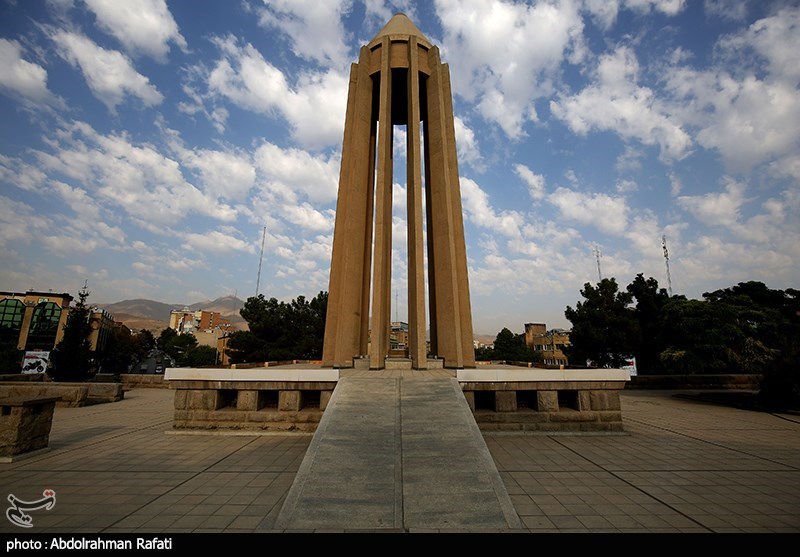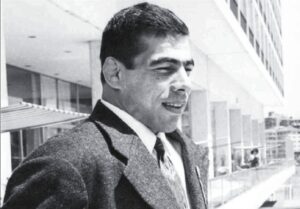The head of the Ibn Sina Foundation said that Avicenna serves as a prominent role model. Enshaalah Rahmati, addressing the press on the anniversary of the renowned Iranian scientist, stated, “The legacy of Avicenna is important for us, as he represents a living tradition that continues to evolve.”
“We celebrate the revival of Ibn Sina. He is still alive in ethical terms, and the highest standards of scientific ethics can be observed in his works,” he added.
Highlighting Ibn Sina’s genius, Rahmati noted that although Avicenna excelled in many fields of his time, he remained humble regarding the secrets of medicine.
“Avicenna is famous for being an all-knowing philosopher, embodying the wisdom of both Socrates and Hippocrates,” he explained, “He could connect different fields of knowledge, and his works remain accessible today, underscoring the importance of interdisciplinary sciences.”

Often described as the father of early modern medicine, Avicenna’s most famous works are The Book of Healing, a philosophical and scientific encyclopedia, and The Canon of Medicine, a medical encyclopedia that became a standard text in many medieval European universities and remained in use as late as 1650.
Beyond philosophy and medicine, Avicenna’s writings cover astronomy, alchemy, geography, geology, psychology, Islamic theology, logic, mathematics, physics, and poetry. His philosophy belonged to the Peripatetic school derived from Aristotelianism, and he is considered one of its greatest proponents within the Muslim world.
The Tomb of Avicenna in Hamedan is a popular tourist attraction. Traditional medicines based on Avicenna’s teachings remain widely used among Iranians. The clothing he wore has also inspired the attire worn by university graduates.







